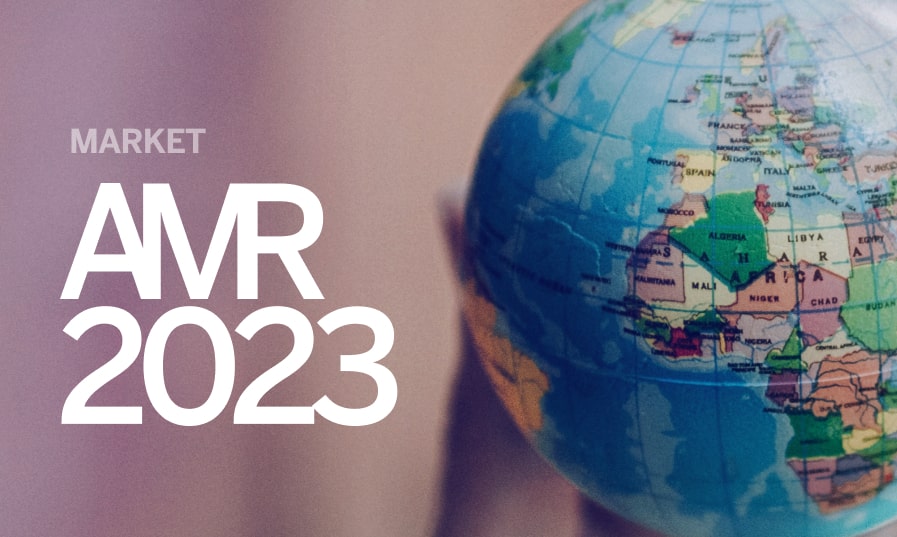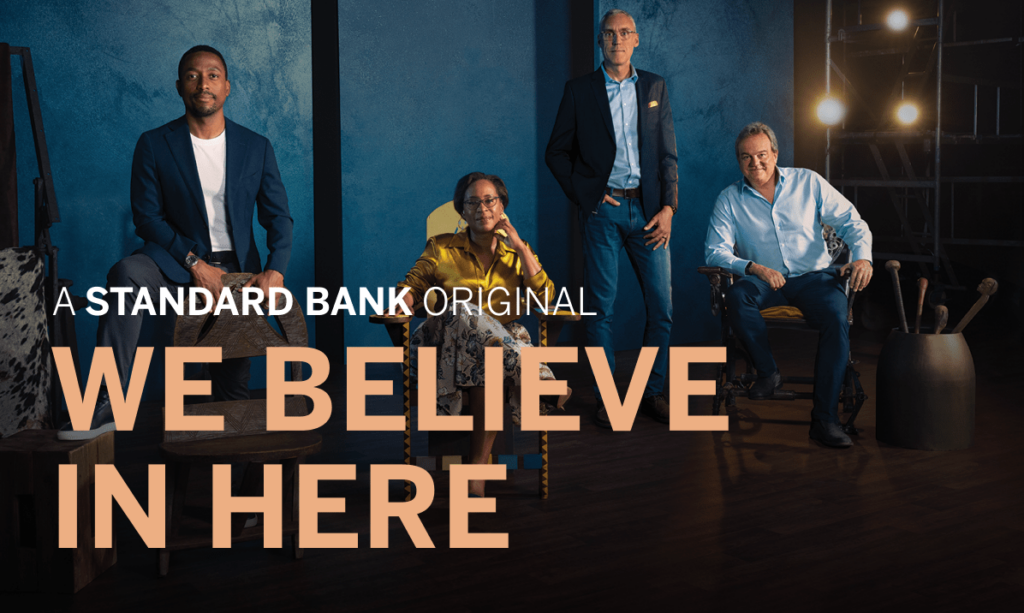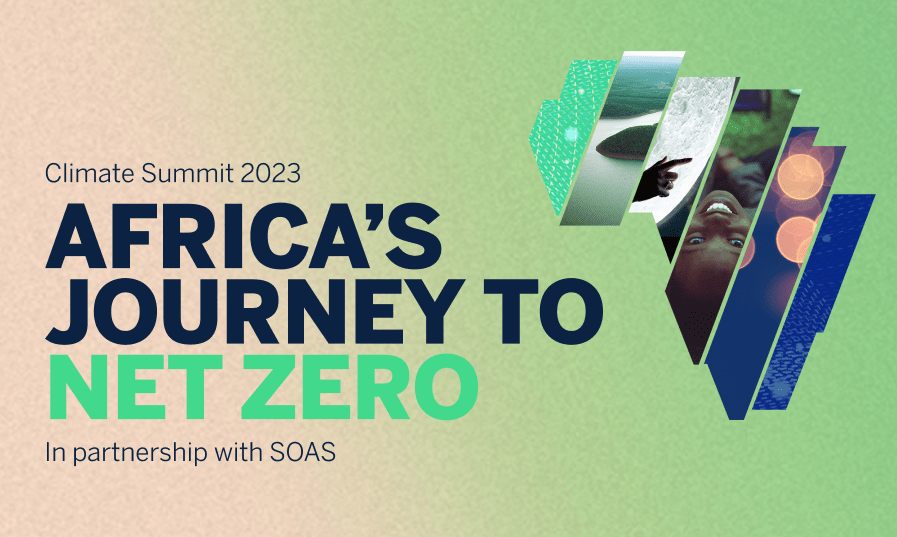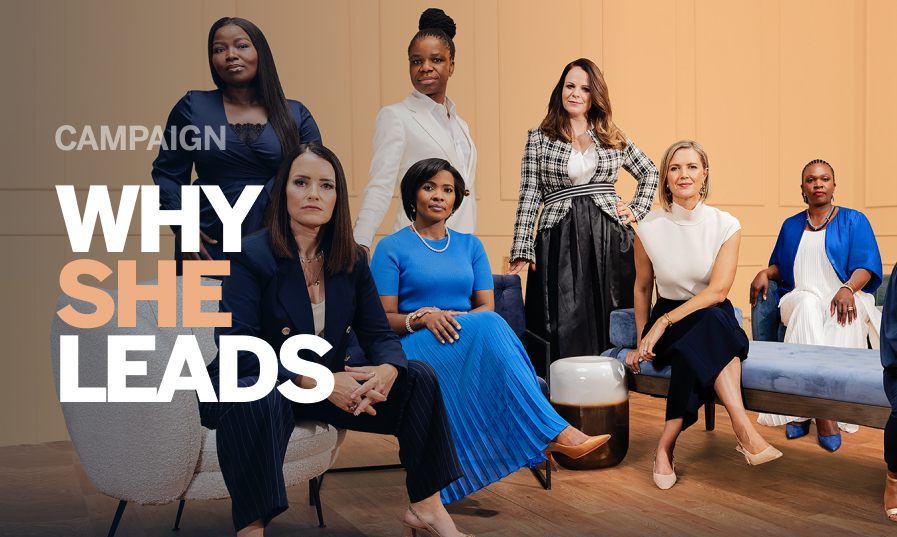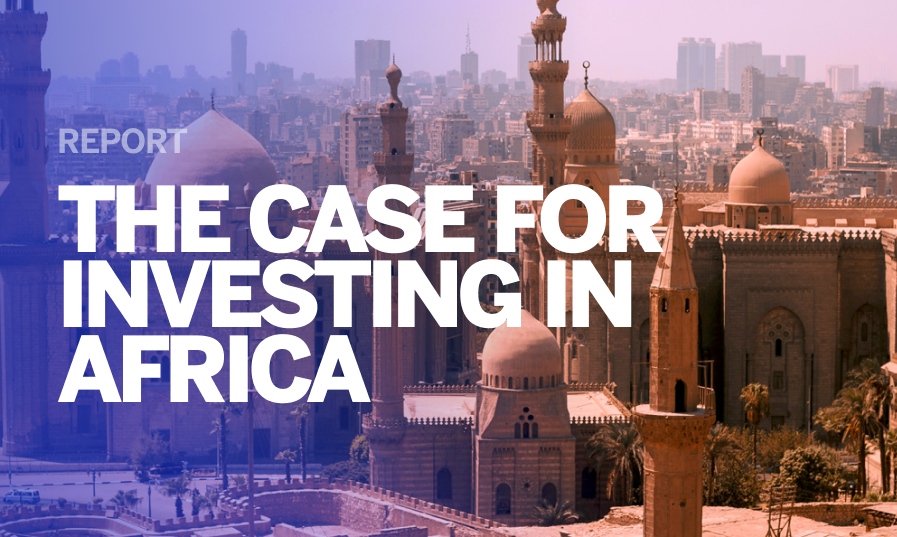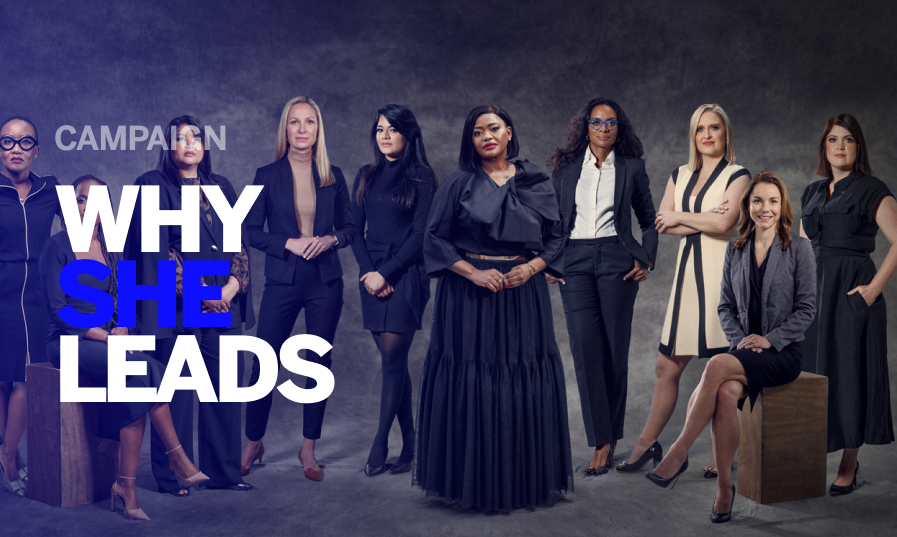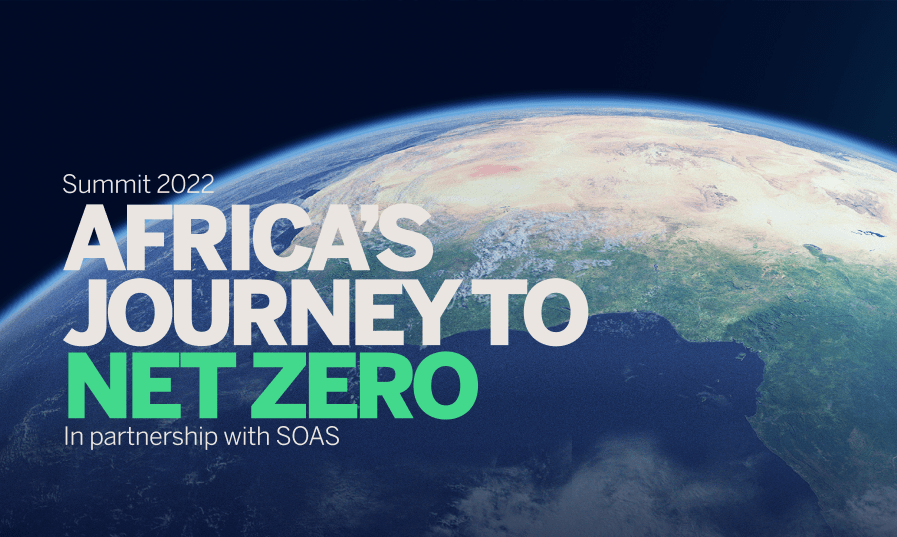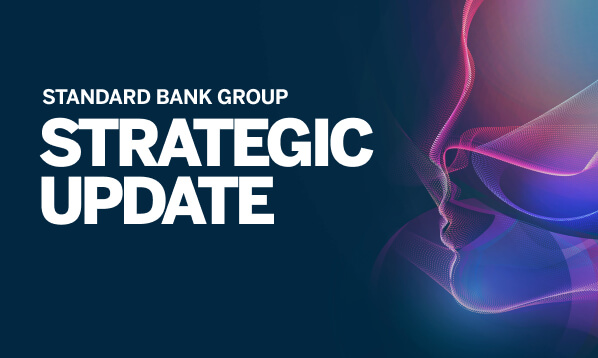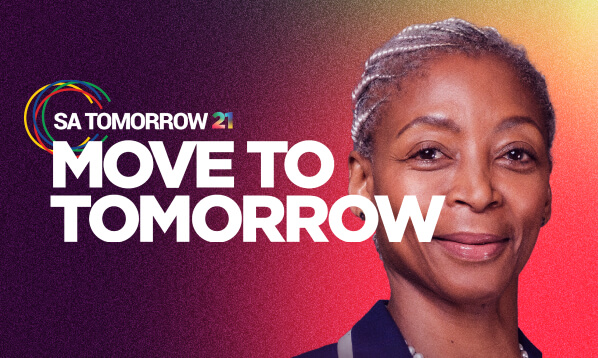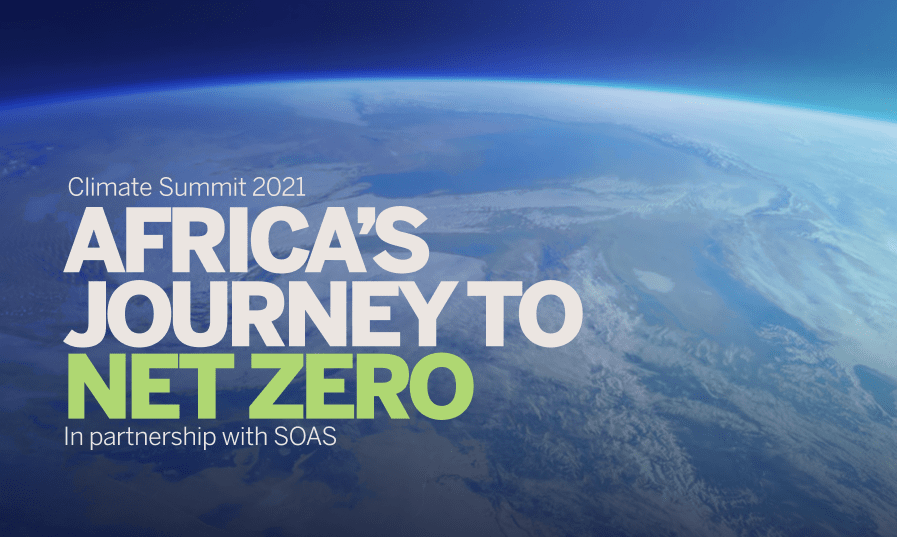Chief Operating Officer: Transaction Banking, Corporate and Investment Banking
Why is “Why she leads” important?
Women in Africa still struggle for control over our bodies and fertility, equal opportunities, education. We still bear the bulk of raising children and running homes. We remain significantly underrepresented in leadership and governments and societies seem lethargic to rewrite the narrative for women. More can be proactively done to address this systemic imbalance. “Why she leads” gives women leaders visibility and inspire current and future generations to pursue their goals. It Can Be done!
What have been the biggest contributors to your success?
Education – I knew qualifying would give me the tools to be independent and write my own destiny. Persistence – steady and solid – and keeping my eye on the goals of quality delivery and living with integrity and authenticity.
What challenges do women leaders face, especially in financial services?
Women are as ambitious as men, but we face headwinds that signal it will be harder to advance. Women leaders are also doing more to support employee well-being and foster inclusion, but this critical work is spreading us thin and going mostly unrewarded. Women leaders want to work for companies that prioritise flexibility, employee wellbeing, diversity, equity, and inclusion. We’re not saying we’re tapping out; rather we’re saying trust me to juggle what’s on my plate in the most effective way possible and you won’t regret it.
What role can male corporate leaders play in fostering and growing
women leaders?
Destroying the legacy stigma about a person being ‘less than’ because they are female, means male leaders need to proactively partner and support women leaders. This is pure leadership gold, as cynics realise the world doesn’t stop spinning when women participate more fully and equally. In fact, everyone benefits – we become people evolving on a journey together, not polarised into categories of men and women.
Have you ever experienced imposter syndrome?
Yes, I have. With time, I realised the world automatically assumes all men are capable and doing a great job, but this isn’t always the case. We’re all just humans at varying stages of our journey and levels of ability – give yourself permission to learn while continually striving for excellence – it gives you the quiet confidence to do your best and back yourself.
How do you handle criticism?
I handle criticism very well – I think this is my superpower. I’m not perfect and I get things wrong, but I’m always willing to own my part in learning and improving. I love evolving as a person.
If you could invite any three women (past or present) to dinner, who would they be and why?
I’d invite two guests. My late grandmother Muriel was wise, kind, feisty and never lost her open-mindedness. She wanted to learn and had a natural growth mindset and I loved how she embraced new technology! My second guest, Michelle Obama is an iconic modern women leader – deeply educated, self-made and an all-round wonderful human inspiring real change and shifts in the world.
What advice would you give to the next generation of female leaders?
Don’t buy into the subtle messages, that are systemic and deeply ingrained in our society’s mindset, that you are less than or not appropriate for a role, simply because you are female. Despite the challenges, women are doing it and finding a way, so that you can too. Keep it up and don’t give up, and one day you’ll also make the decisions that will improve the situation for future generations.
“We need the voices of women leaders at every level of society to drive change and, in the process, inspire those around them and generations to come to pursue their ambitions.”

